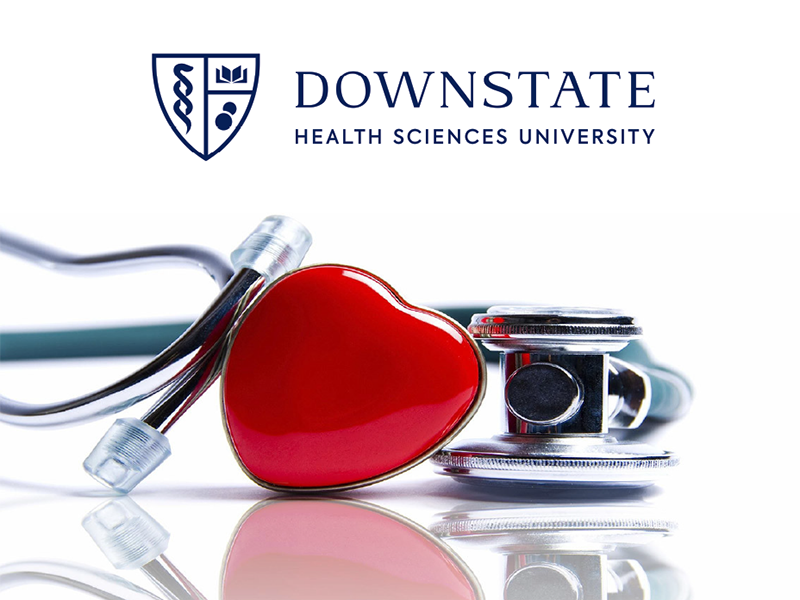PRIDE-CVD
Program Overview

The Summer Institute Program (PRIDE-CVD) is a career advancement opportunity sponsored by the National Heart, Lung, and Blood Institute (NHLBI) through a variety of Summer Institutes.
These mentored research programs will address the difficulties experienced by junior investigators in establishing independent research programs and negotiating through the academic ranks. The primary outcome of this program is to increase the number of scientists and research-oriented faculty who are interested in cardiovascular health disparities to successfully compete for external funding for scientific research in the biomedical and behavioral sciences studying heart, lung, blood, and sleep (HLBS) disorders.
Where
The PRIDE Summer Institute will convene at SUNY Downstate Health Sciences University, Brooklyn, NY.
When
PRIDE Cardiovascular Health Related Research
June 16, 2025 – June 27, 2025
Who
To be eligible to participate in a PRIDE-CVD Summer Institute Training Program, you must be:
- a junior-level faculty member or scientist (postdocs not eligible).
- a United States Citizen or Permanent United States Resident.
The Institute will provide funding to support travel and accommodations for up to 8 applicants.
Deadline
Applications are reviewed on a rolling basis.
Priority consideration granted to early applicants.
